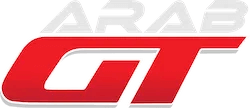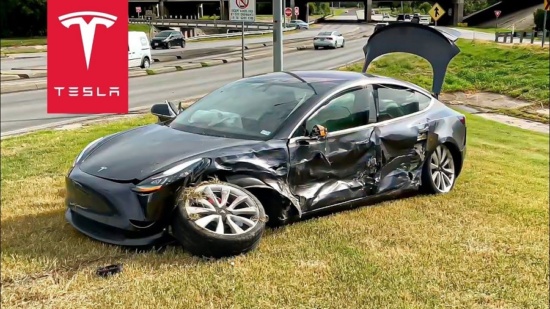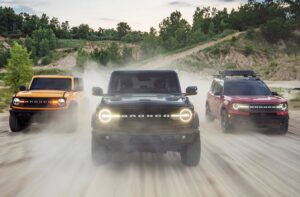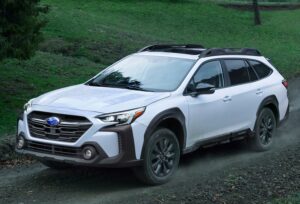In a legal battle surrounding a tragic incident involving Tesla’s Autopilot driving assistance system, a judge has made a pivotal ruling, suggesting that there exists “reasonable evidence” indicating that Tesla’s management knowingly permitted the misuse of its driving technology, leading to a fatal outcome. This development paves the way for a trial, where the family of the victim will present their case before a jury.
The genesis of the lawsuit traces back to a harrowing 2019 collision near Miami, Florida. Steven Banner was at the wheel of his Tesla Model 3 utilizing Autopilot System when a pickup truck abruptly obstructed the road. Despite traveling at a speed of 69 mph, the Tesla failed to detect the driver’s hands on the steering wheel and did not identify a stationary trailer directly in its path. Tragically, the car proceeded under the trailer, resulting in the tearing off of its roof and the untimely death of Banner.
The ensuing legal action was initiated by Banner’s wife, filed in Palm Beach County Circuit Court. Judge Reed Scott, presiding over the case, recently greenlit the trial to move forward. Judge Scott referenced a 2016 Tesla promotional video that claimed “the car drives itself” without providing any clarifying information about the video’s aspirational nature or the absence of such technology in the market at the time. Subsequently, Tesla employees disclosed that the video demonstration was specifically crafted for advertising purposes.
Judge Scott’s ruling pointed to evidence suggesting that Tesla engaged in a marketing strategy presenting its products as self-driving, while simultaneously admitting in legal documents that even its “full self-driving” program was not truly autonomous. Elon Musk, Tesla’s CEO, had notably demonstrated the Autopilot feature on a 60 Minutes televised segment in 2018, directly contravening instructions to customers not to do so. The judge asserted that such marketing practices significantly influenced public belief in the capabilities of Tesla’s products.
Concluding his ruling, Judge Scott opined that it would be reasonable to infer that Tesla, through its CEO and engineers, was fully cognizant of Autopilot’s shortcomings in detecting crossing traffic. Drawing parallels to a similar incident in 2016 that claimed the life of Joshua Brown, where a Tesla also failed to detect a truck, the judge underscored the gravity of the situation, indicating a pattern of concerning behavior and potential corporate awareness of the technology’s limitations. This trial is poised to shed further light on the responsibilities of Tesla in ensuring the safe use of its Autopilot system.





